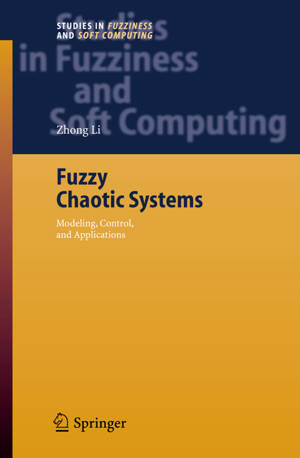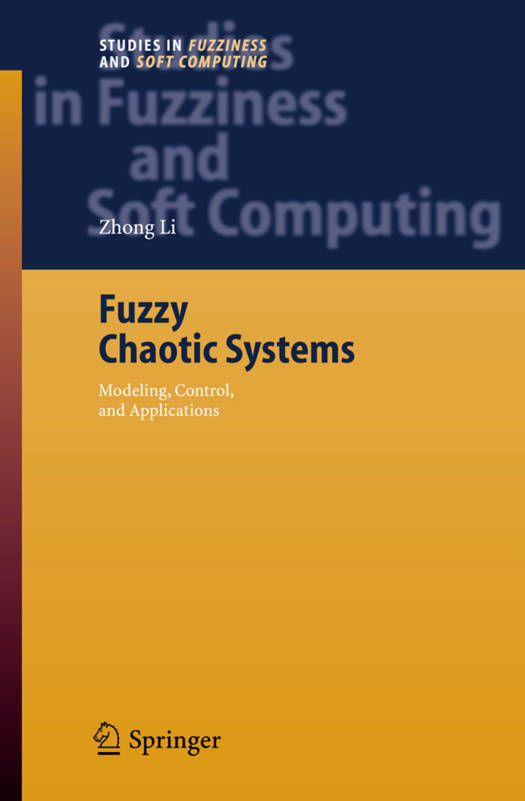
- Retrait gratuit dans votre magasin Club
- 7.000.000 titres dans notre catalogue
- Payer en toute sécurité
- Toujours un magasin près de chez vous
- Retrait gratuit dans votre magasin Club
- 7.000.0000 titres dans notre catalogue
- Payer en toute sécurité
- Toujours un magasin près de chez vous
Description
Bringing together the two seemingly unrelated concepts, fuzzy logic andchaos theory, isprimarilymotivatedbytheconceptofsoft computing (SC), initiated by Lot? A. Zadeh, the founder of fuzzy set theory. The principal constituents of SC are fuzzy logic (FL), neural network theory (NN) and probabilistic reasoning (PR), with the latter subsuming parts of belief networks, genetic algorithms, chaos theory and learning theory. What is important to note is that SC is not a melange of FL, NN and PR. Rather, it is an integration in which each of the partners contributes a distinct methodology for addressing problems in their common domain. In this perspective, the principal cont- butions of FL, NN and PR are complementary rather than competitive. SC di?ers from conventional (hard) computing in that it is tolerant of imprecision, uncertainty and partial truth. In e?ect, the role model for soft computing is the human mind. From the general SC concept, we extract FL and chaos theory as the object of this book to study their relationships or interactions. Over the past few decades, fuzzy systems technology and chaos theory have received ever increasing research interests from, respectively, systems and control engineers, theoretical and experimental physicists, applied ma- ematicians, physiologists, and other communities of researchers. Especially, as one of the emerging information processing technologies, fuzzy systems technology has achieved widespread applications around the globe in many industriesandtechnical?elds, rangingfromcontrol, automation, andarti?cial intelligence (AI) to image/signal processing and pattern recognition. On the otherhand, inengineeringsystemschaostheoryhasevolvedfrombeingsimply a curious phenomenon to one with real, practical signi?cance andutilization.
Spécifications
Parties prenantes
- Auteur(s) :
- Editeur:
Contenu
- Nombre de pages :
- 300
- Langue:
- Anglais
- Collection :
- Tome:
- n° 199
Caractéristiques
- EAN:
- 9783540332206
- Date de parution :
- 22-05-06
- Format:
- Livre relié
- Format numérique:
- Genaaid
- Dimensions :
- 156 mm x 234 mm
- Poids :
- 612 g

Les avis
Nous publions uniquement les avis qui respectent les conditions requises. Consultez nos conditions pour les avis.






